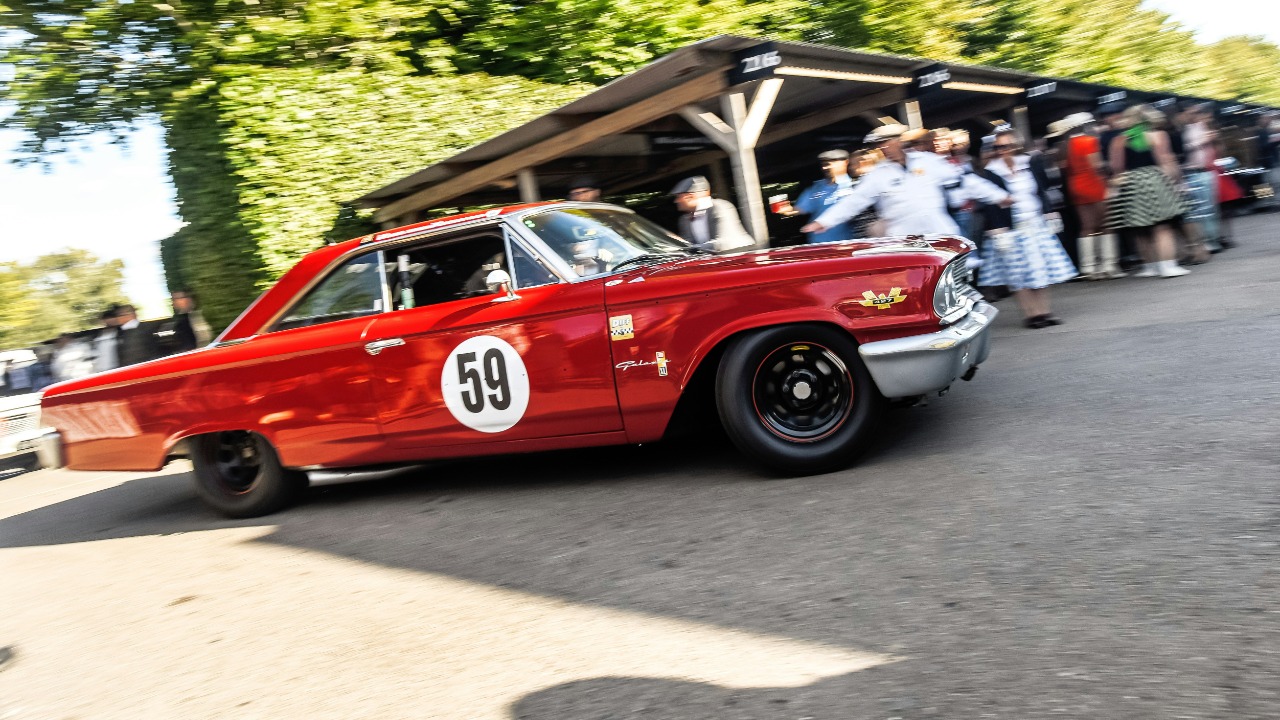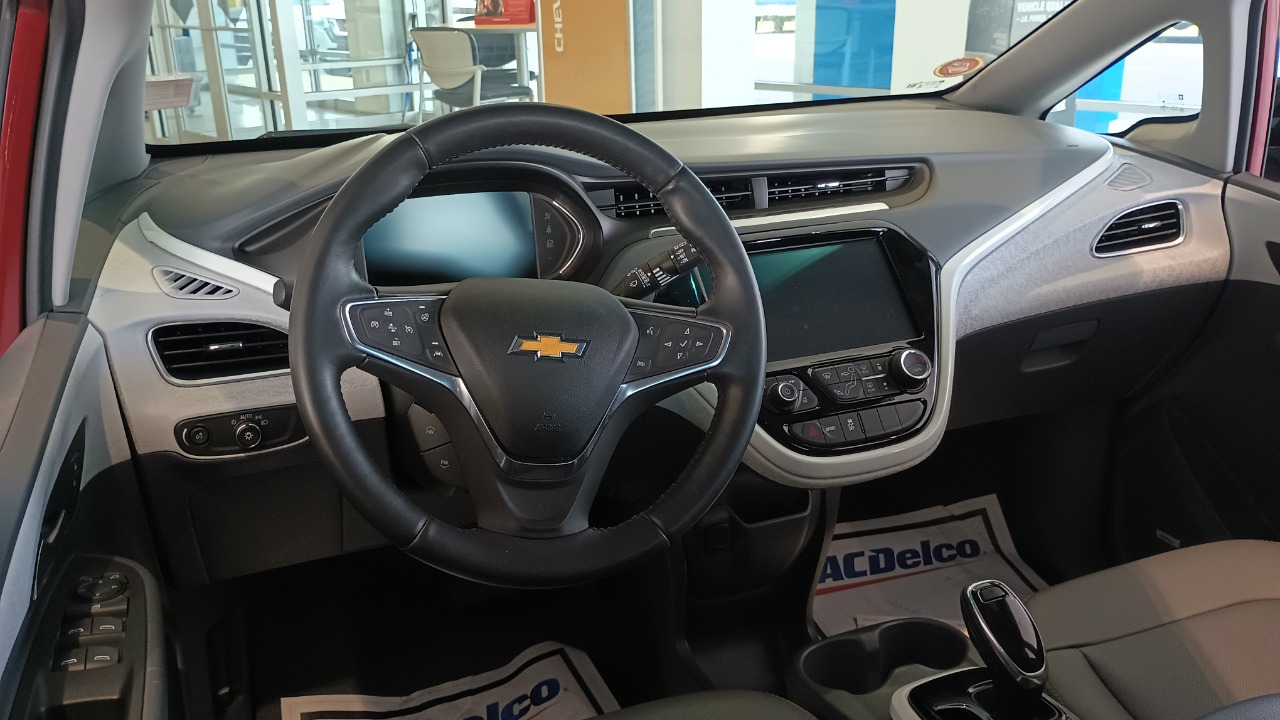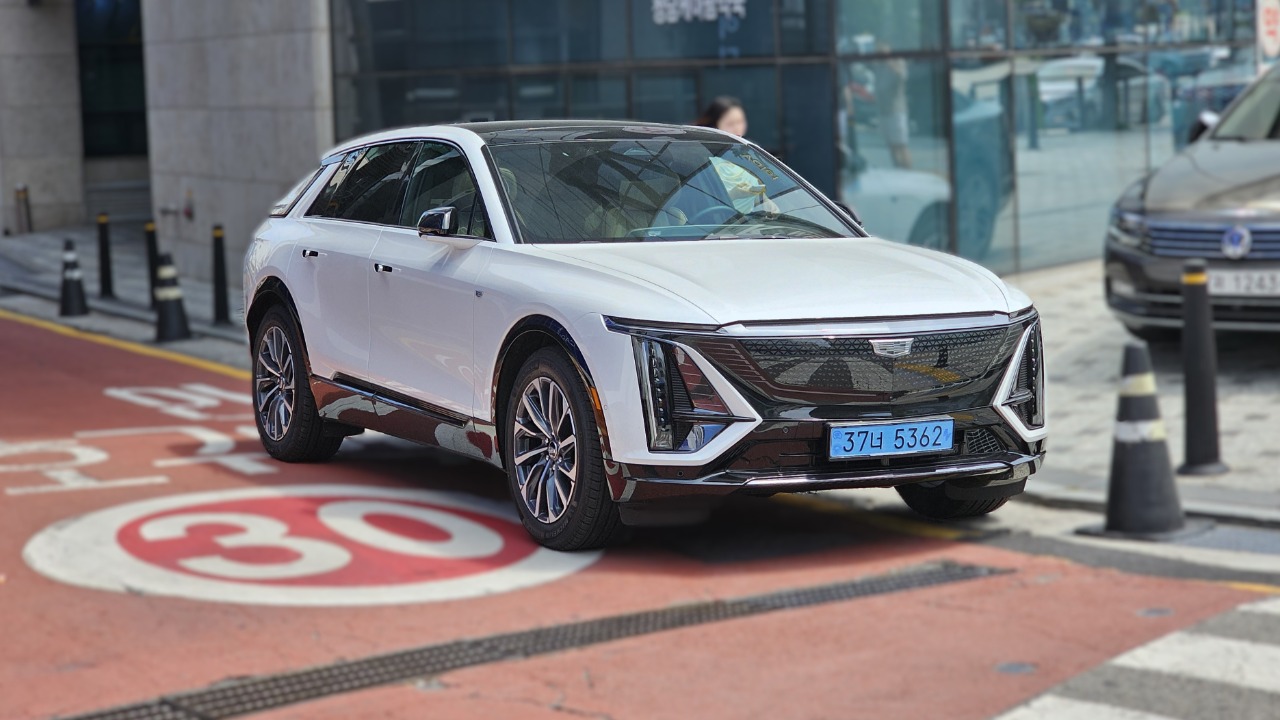In a surprising move, General Motors has filed a new trademark application for the Pontiac name, sparking widespread speculation and curiosity among automotive enthusiasts. While some may hope for a revival of the iconic brand, industry experts suggest a different story behind GM’s actions. This renewed trademark could have significant implications for GM and the automotive landscape.
History and Legacy of Pontiac

Pontiac’s journey began in 1926, and over the decades, it evolved into a cultural icon, known for its performance-oriented vehicles like the GTO, Firebird, and Trans Am. These models weren’t just cars; they were symbols of American muscle and innovation. The Pontiac GTO, for instance, is often credited as the progenitor of the muscle car era, combining style with high-performance engineering to captivate a generation.
Pontiac’s contributions to American car culture are undeniable. The brand was instrumental in setting trends that have influenced automotive design and engineering for decades. With its aggressive styling and powerful engines, Pontiac helped define the American automotive identity during the 1960s and 70s. However, despite its storied legacy, Pontiac faced numerous challenges leading up to its discontinuation in 2010. Economic downturns, shifting consumer preferences, and GM’s strategic realignment ultimately sealed the fate of this beloved brand.
Understanding Trademark Renewals

Companies frequently renew trademarks to maintain control over brand names and prevent them from falling into the public domain. Trademark renewals are a standard legal practice, ensuring that a company retains exclusive rights to a name or logo, even if there are no immediate plans to use them. This allows businesses to keep their options open for future ventures or to protect their intellectual property from competitors.
There are numerous examples of brands maintaining trademarks without immediate plans for product revival. For instance, companies like Ford and Chrysler have periodically renewed trademarks for defunct models or brands, not necessarily indicating a return. GM’s trademark strategy appears to align with this approach, focusing on long-term brand management rather than short-term product launches.
Speculations and Misconceptions

The filing has inevitably led to rumors of Pontiac’s return to the automotive market. However, industry experts are quick to point out that a comeback is highly unlikely. Speculations often arise whenever a popular brand name resurfaces, but in this case, GM’s actions are more about strategic brand management than reviving Pontiac as a car brand. As The Drive notes, trademark renewals are common and don’t necessarily signal a brand’s return.
The public and media reactions to the trademark renewal have been diverse. While some enthusiasts hold out hope for a new lineup of Pontiacs, others remain skeptical. Investors and industry watchers are also keeping a close eye on GM’s moves, looking for signs of broader strategic shifts. Automotive experts have largely dismissed the notion of a Pontiac revival, citing the substantial investments required and GM’s current focus on electric vehicles and sustainability.
Potential Uses for the Pontiac Trademark

While the return of Pontiac as a car brand seems unlikely, GM could explore other avenues with the trademark. One possibility is leveraging the Pontiac name for non-automotive ventures. This could include lifestyle products, such as apparel or accessories, that capitalize on the nostalgia associated with the brand.
Merchandising and licensing present another potential use for the Pontiac trademark. By creating nostalgia-driven products, GM could engage with enthusiasts and collectors, offering everything from die-cast models to branded memorabilia. Additionally, the digital realm offers opportunities for the Pontiac name. GM might consider apps, games, or other tech-related projects that pay homage to the brand’s legacy while appealing to a modern audience. Such ventures would allow GM to keep the Pontiac name alive in innovative ways, without the significant resources needed for full-scale automotive production.
Broader Implications for General Motors

The decision to maintain the Pontiac trademark fits into GM’s overall brand strategy, which focuses on protecting its brand portfolio while exploring new growth opportunities. By keeping the Pontiac name under its control, GM retains the flexibility to utilize it as market conditions evolve. This strategy is consistent with GM’s approach to other discontinued brands, where the company assesses potential revivals based on market demand and strategic alignment.
Looking ahead, the possibility of GM reviving other discontinued brands remains open. Such decisions would likely depend on factors like brand equity, consumer interest, and alignment with GM’s sustainability and innovation goals. As GM positions itself for future growth, it continues to explore new technologies and business models, from electric vehicles to autonomous driving solutions.
In summary, while the trademark renewal has sparked excitement, it is essential to understand it within the broader context of GM’s strategic planning. The company remains focused on innovation and future growth, and the Pontiac trademark is just one piece of its complex brand management puzzle.